The Horizons team features many influential Twitter users. This curates a wealth of insights, knowledge, and information about transformation in health and care from other thought leaders across the world.
(Tip: to read an article or watch a video mentioned in a tweet, click on the red text. To view the original tweet, click on the image).
The School for Change Agents
We're excited for the 2019 cohort of @Sch4Change! Have you signed up yet? Find out more about our online five week course: it's free to join and helps people like you build your influence and skills to implement successful change. The dates are below. You can sign up here. 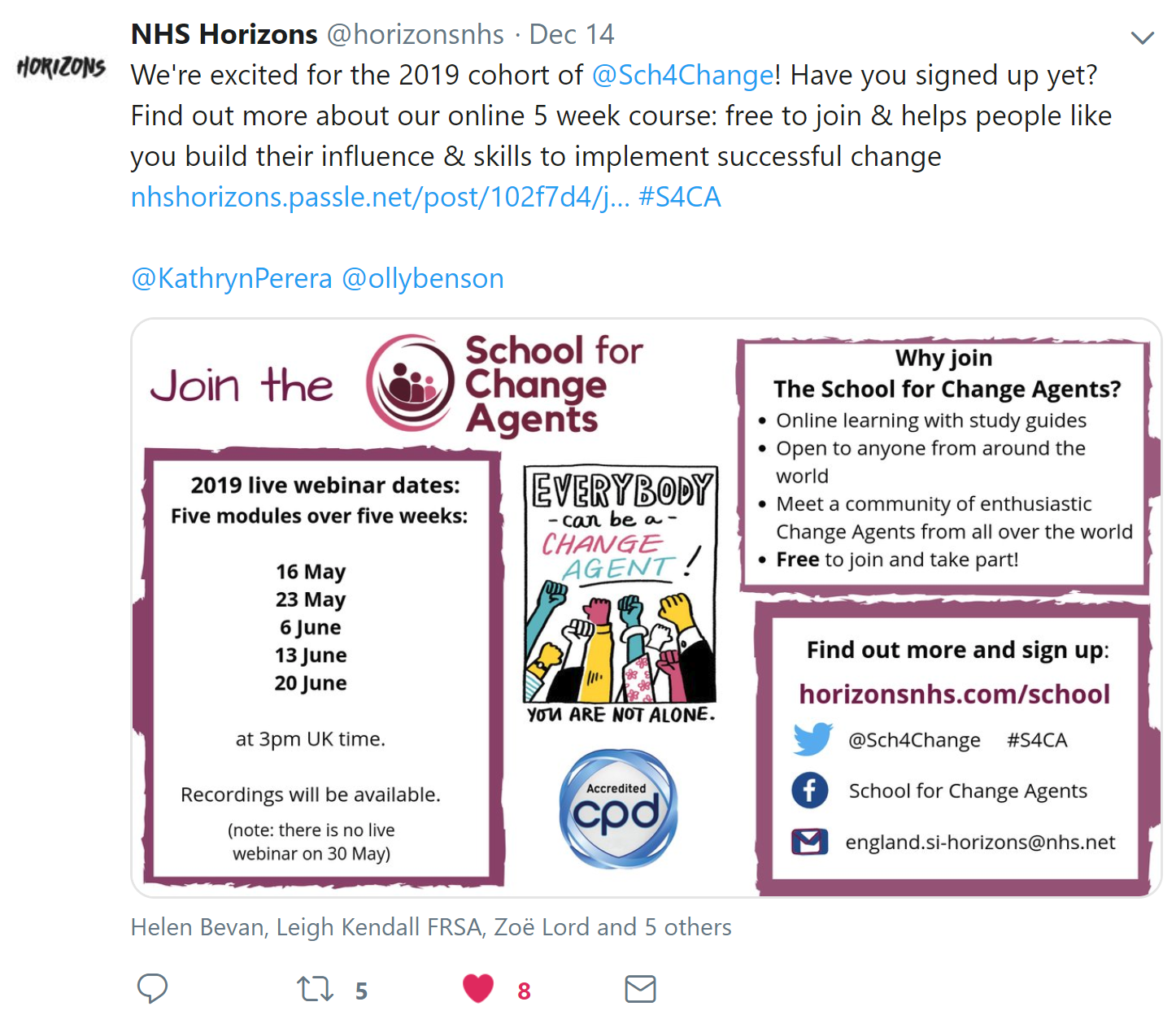
Making Change Happen
Unleashing power of people ('who') & their motivations ('why') are needed for successful change. How can we leverage the psychology of change? Kathryn and Helen made significant contributions to the new paper from the Institute of Healthcare Improvement.
To thrive in a dynamic, uncertain world, we need leaders at all levels who are agile, digitally savvy and effective at change. This White Paper sets out seven emerging trends for leaders with transformational capability.
If you want to make change happen, engage your "authentic informal leaders" (AILs). They're not typically your star performers, they won't stay on message and they won't submit project reports. But they can make or break your change project.
The process of change is full of unresolved paradox, e.g. national standardisation AND local responsiveness. Research suggests leaders will try to obscure or explain away the paradox so it stays unresolved but felt strongly by the frontline.
#ProjectA
Would you like to help improve ambulance services - for the benefit of patients, and the staff? We'd love for you to get involved! You can find out more about #ProjectA, what it is, and how to get involved here.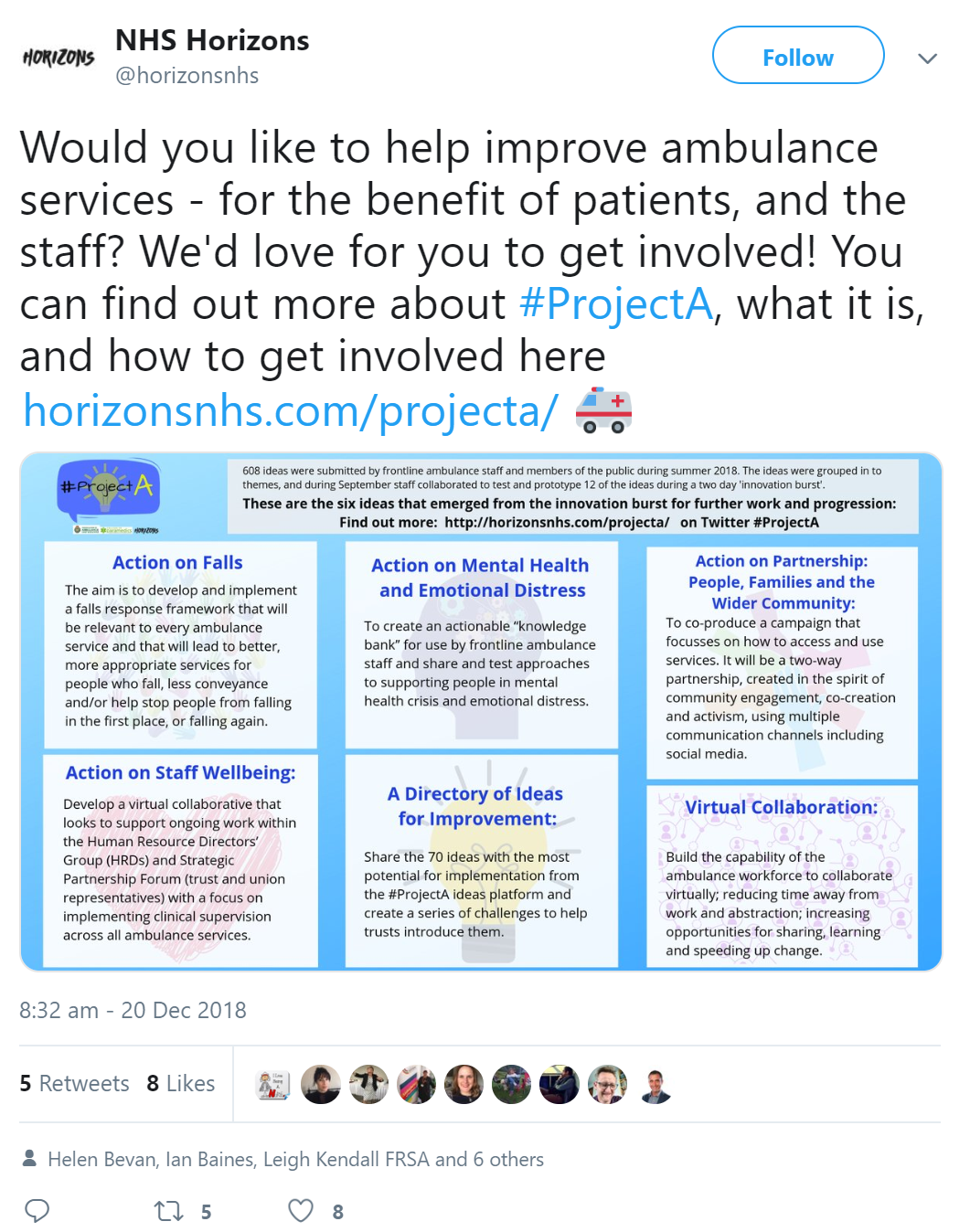
Nursing Now England
Bev says watching nurses and midwives find their voice through blogging has been particularly powerful, and it was a pleasure to present Jane Cummings with a collection of the blogs. Read the blogs.


It's important to understood the power of data and evidence, make sure you add the #NursingNowEngland hashtag to your tweets!
Find out what's been happening with the 30 Day Challenges so far:

Zara has written a blog about what mentoring means to her.
This is a fabulous resource for January’s 30 Day Challenge. It takes less than a minute to register. 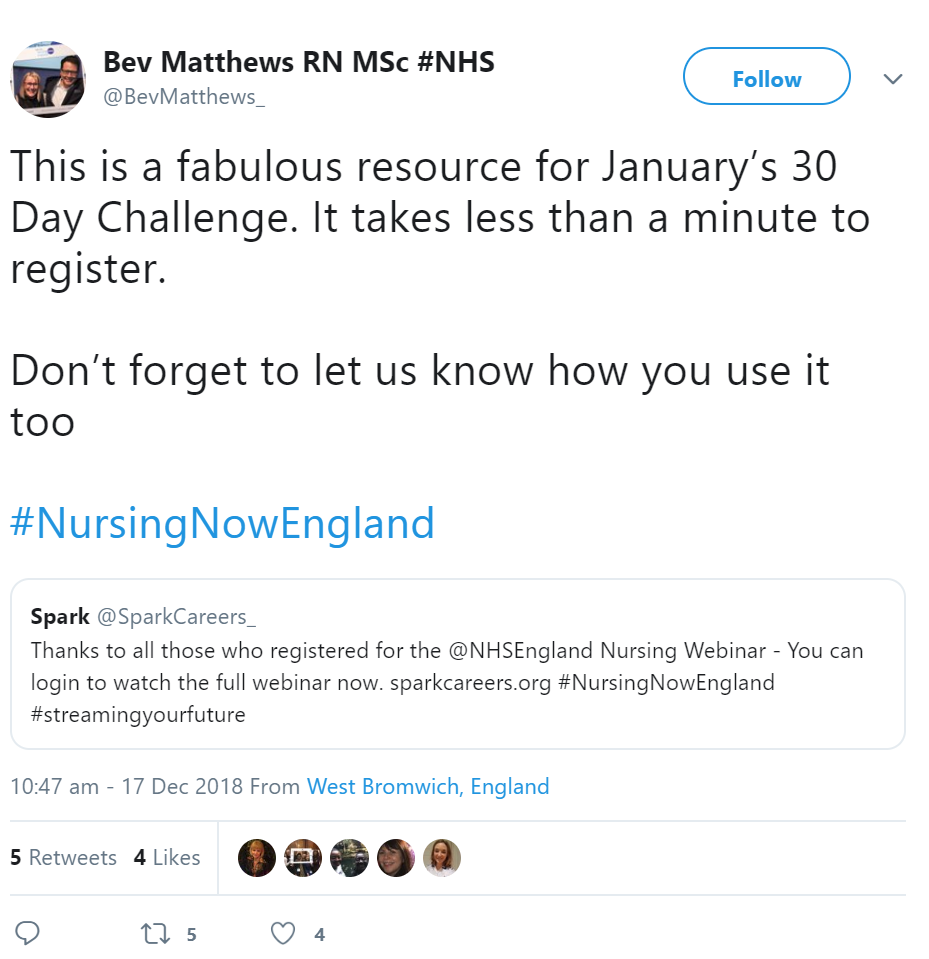
Our January challenge is to give a talk to young people about what an extraordinary career nursing and midwifery are, Ellie suggests that we might need to be talking to teachers as well.
“When we work together, share our knowledge & use our individual talents, we are able to be innovative and promote positive change. This facilitates a diverse, compassionate and progressive workplace” read the blog by Joanne Mohammed.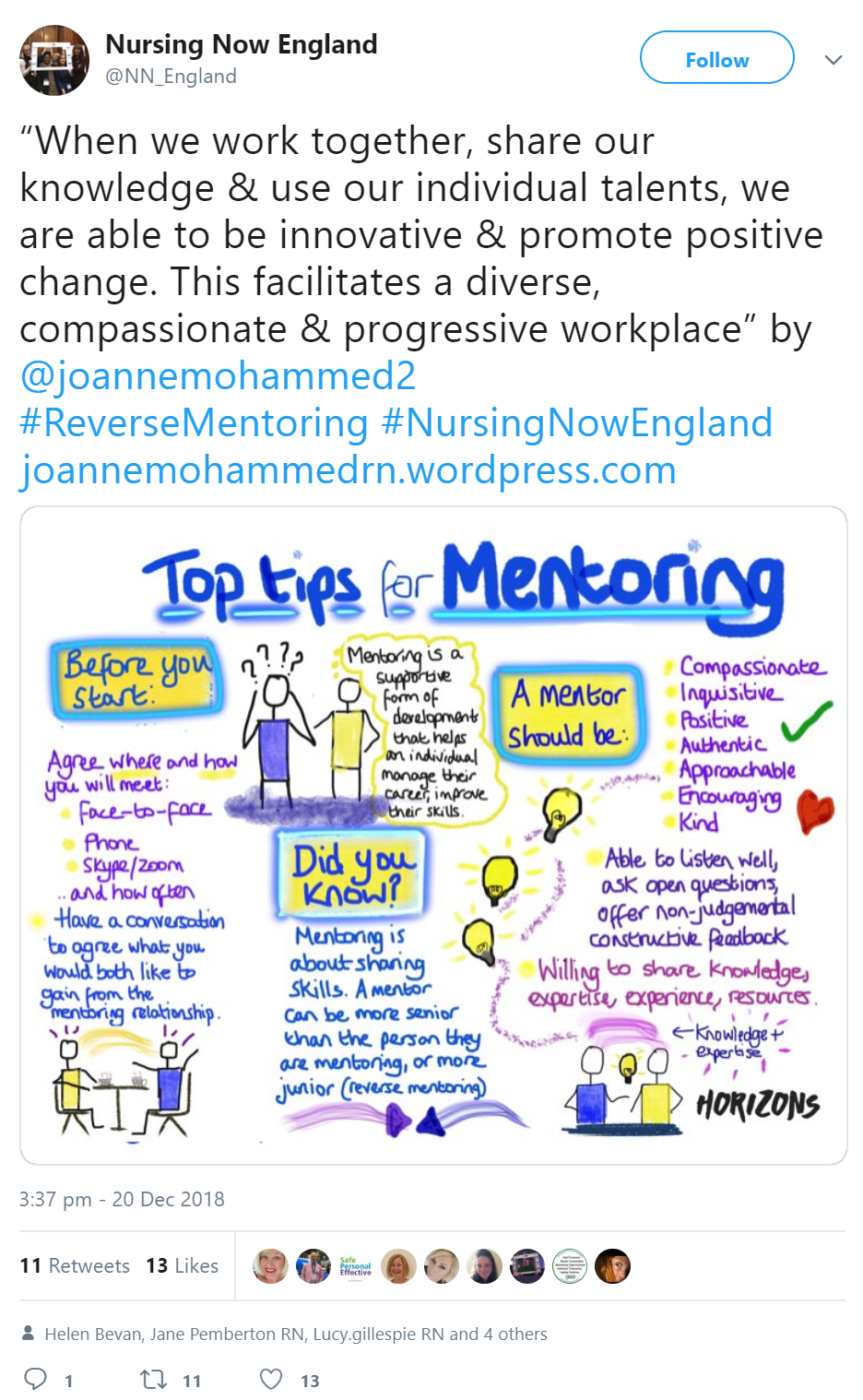
December’s 30 Day Challenge is about mentoring and reverse mentoring. You can read about it here. The Student Nurse Project also held a tweet chat with @PhiMuChapter.
What’s it like being a student nurse? Watch the video.
"It's a real privilege to call that my job" Charlotte, an NHS Nurse. You can find out more by watching the webinar.
This film from Whittington Health NHS features nurses discussing their roles, how they got into nursing and their ambitions.
Leigh shared this thread demonstrating wonderful kindness, care, and compassion for people at the end of their lives. We need to get more comfortable at talking about death.
Wellbeing
Thinking of everyone for whom Christmas is a difficult or sad time.


Amidst the busyness and stress of life in general and the festive season this is a timely reminder...you can do anything, but not everything. Try to be kind to yourself.
Who says you can't have a fantastic team Christmas party when you work remotely? Here's a great example from Activate Learn.
Here are 10 ideas to improve work productivity, in this sketchnote by Scriberia. Leigh has turned off notifications, and set her watch to buzz every hour to remind her to move. What are your top tips?
The Boston Consulting Group reports that the number one factor that impacts on the happiness of people at work is appreciation for their work. Here are seven powerful ways to elevate leadership with gratitude.
A brilliant suggestion: to create a 'Happy' folder in your emails.
Never say that people are evil,’ wrote the French philosopher Alain, ‘You just need to look for the pin.’ Beautiful aphorisms on kindness from The School of life.
When we experience hardships at work (career setbacks, crisis, ethical dilemmas, disappointments, failures & mistakes), it can be really tough. But if we can learn from them, we gain something back.
Post-traumatic growth: "No man is more unhappy than he who never faces adversity. For he is not permitted to prove himself."

How the motivation of keeping a streak can be compared to how much we care about what we’re actually doing.
Here are some great ideas for squeezing some exercise in to your day, whatever your lifestyle/schedule/fitness level.
Engagement
We can get brilliant ideas by crowdsourcing with people, but we have to follow up with them. In research 88% of people got no feedback when they submitted their ideas. Why would they bother again? It's all about relationships not inputs.
"Co-Production should come naturally. Everyone has some level of expertise so why not use it. Things that are co-produced are usually more successful because any snags get ironed out by the mixed views. Trust me, I'm a patient!"
Diversity is being invited to the party. Inclusion is wanting to be there.
How do you have a discussion about a tough topic with people who have opposing views? Here's some great advice. Anyone can say they believe in anything, but to really have those beliefs heard (and have them matter), action is necessary.
NodeXL analysis of social media influence at the IHI National Forum, 9-12 December 2018, created by Dr Graham Mackenzie. This helps us understand who are the key influencers who have the power/relationships/capability to get messages out in future.
A very interesting report from Oxford SBS on The Paradoxical Role of the Chief Digital Officer. Worth reading over a cup of tea.
"If you can't have fewer meetings, have better ones". Here are a few out-of-the-box ideas to breathe new life into your meetings. They may shock a few people who are used to running meetings in traditional ways.
You might think that the explosion of digital/virtual collaboration tools would reduce the need for face-to-face meetings. The opposite is happening: digital tools are making it easier to schedule more meetings. Some great advice on meetings here.
What research from hackathons can teach us about how to balance autonomy (the space for creativity and new thinking) and control (linking innovation into formal organisational processes). There is much that is relevant for our day-to-day work.
Research
Three things we can learn from Scotland's health services - a blog based on time spent visiting NHS teams in Glasgow and Dumfries and Galloway.
Why it isn't helpful to put percentages on the contribution that healthcare makes to population health, e.g. “as little as 10% of a population’s health is linked to access to healthcare”
We're shifting from a world of "winners/losers" to a world where leaders commit to the needs of the larger system, partners with collective goals rather than adversaries with their own self-interest.
Advances in senolytic drugs could have a significant impact on age-related disease & revolutionise healthcare according to the researcher Judith Campisi.
Robert Nash commented on how our memories change more than we realise and reveals that “it’s unlikely that your treasured memory is 100% accurate.”
And finally...
The level of waste at Christmas: in the UK, we will throw away 74 million mince pies, 17.2 million Brussels sprouts and 6 million Christmas trees!


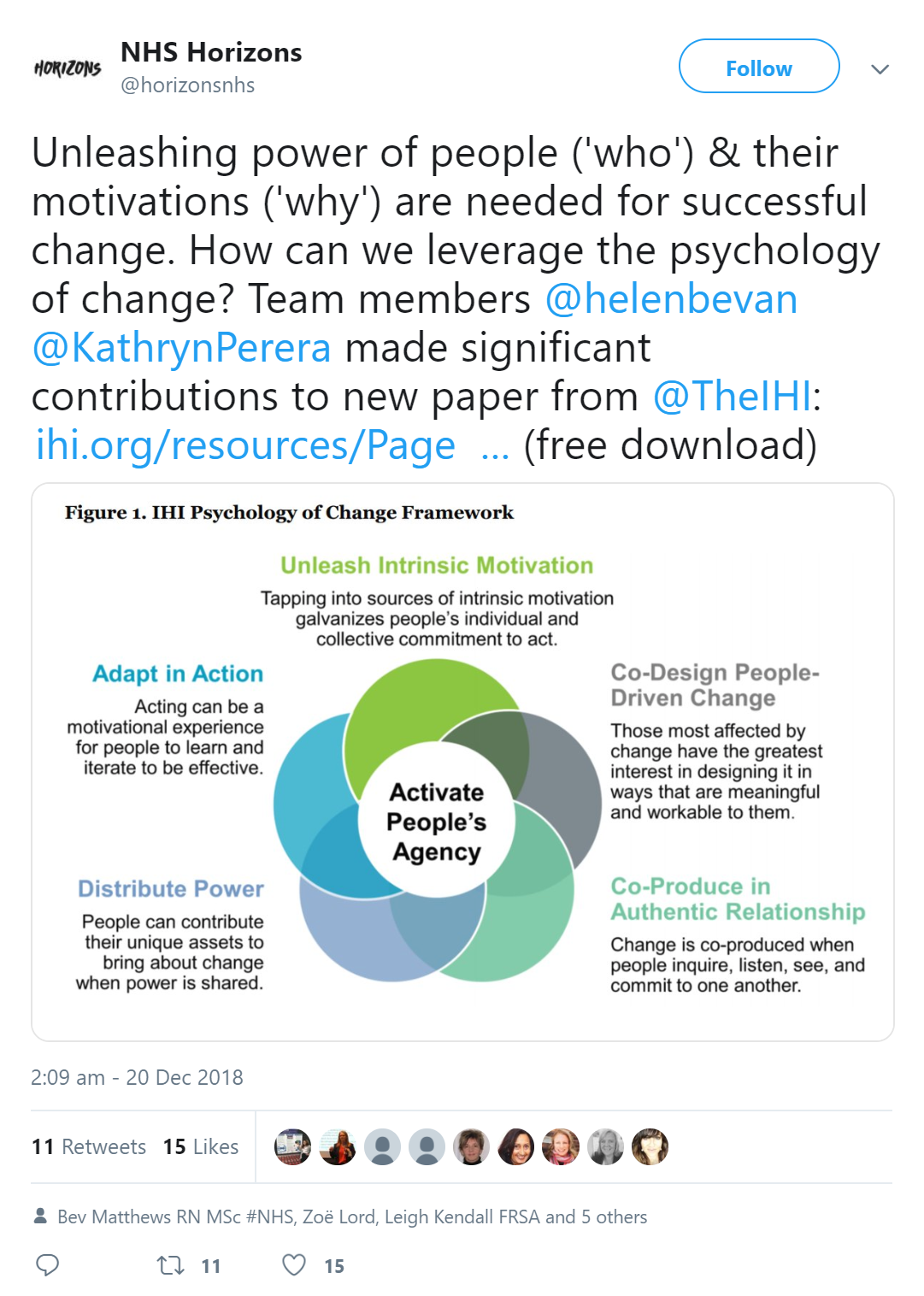

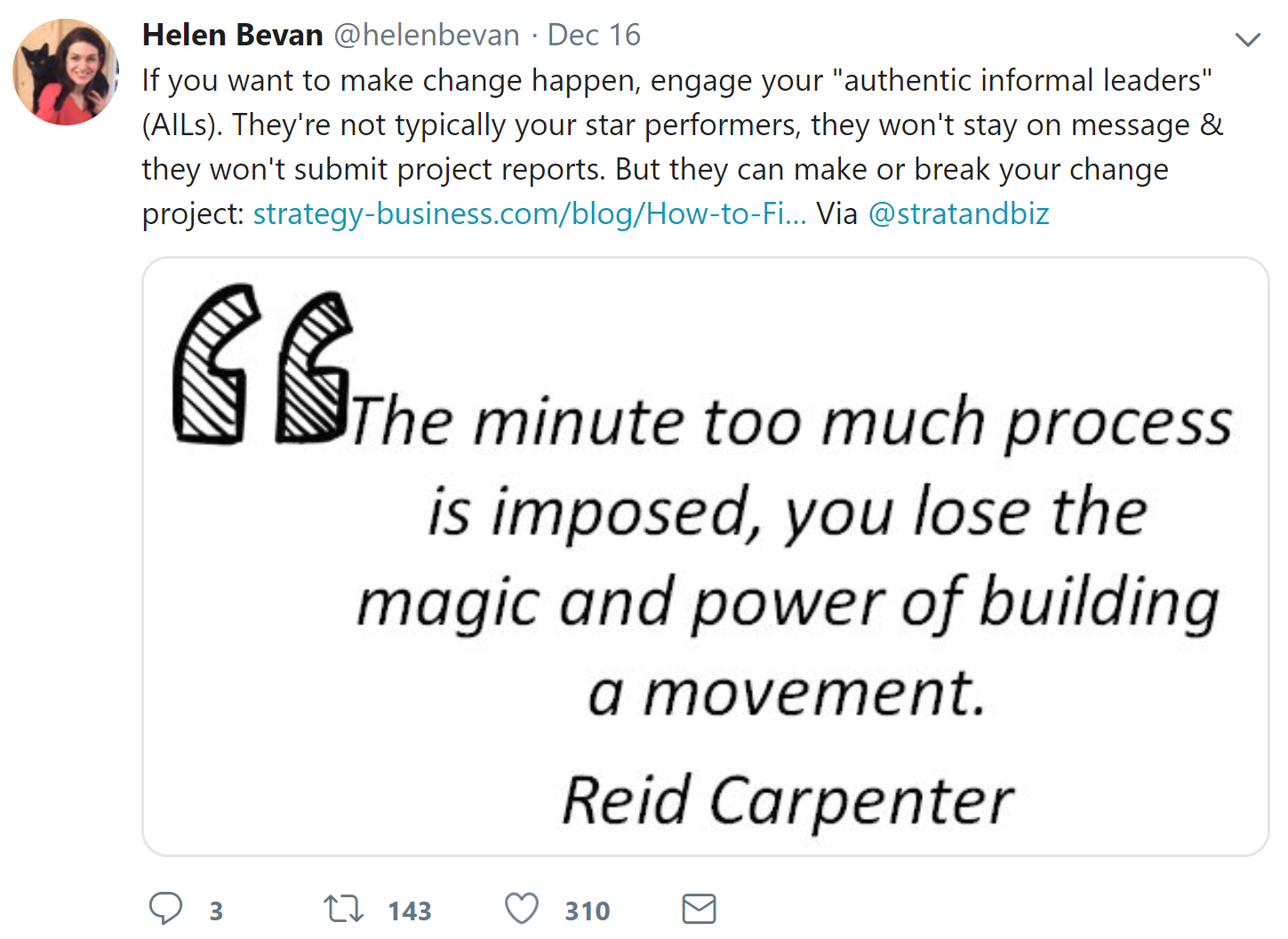
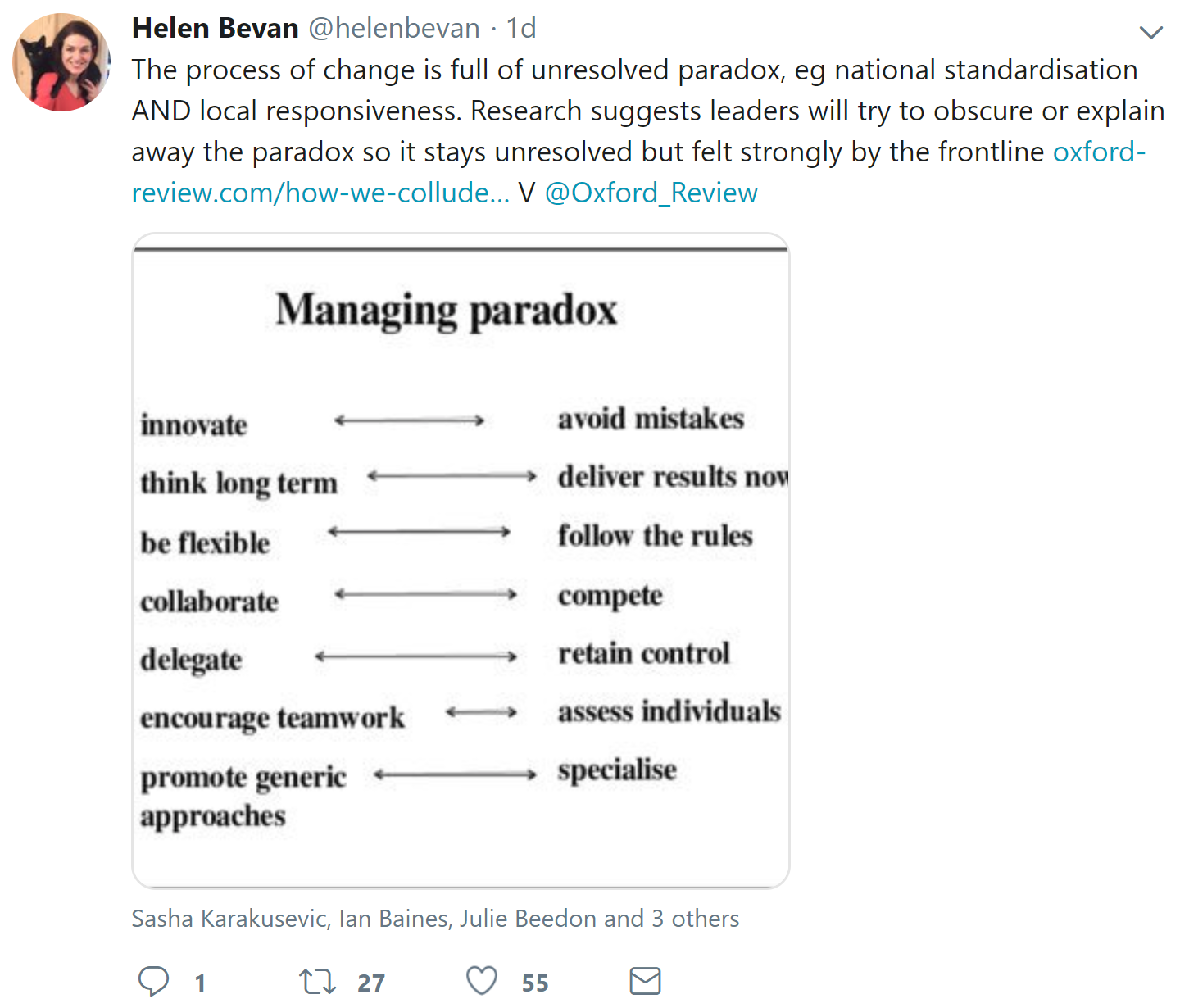
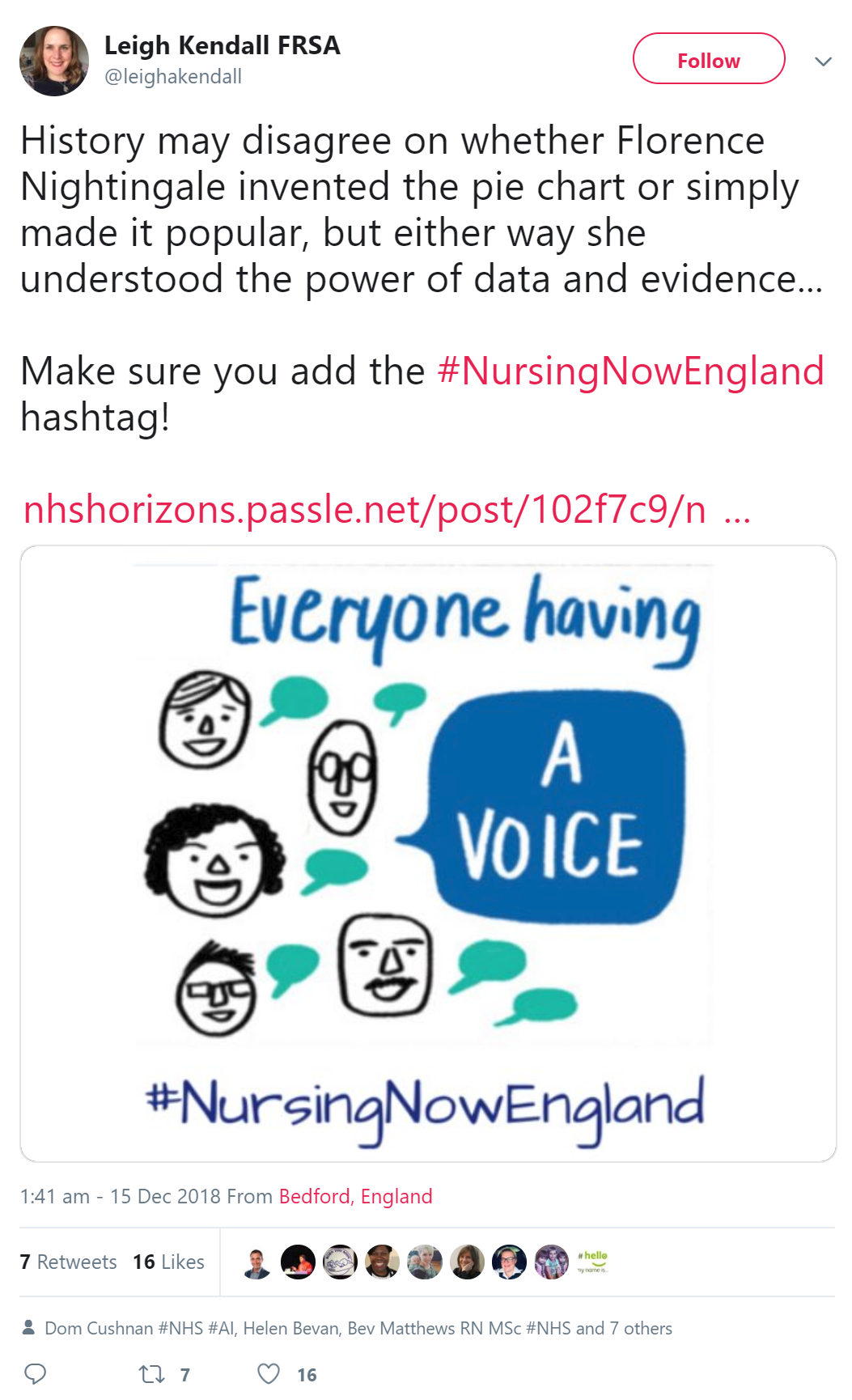
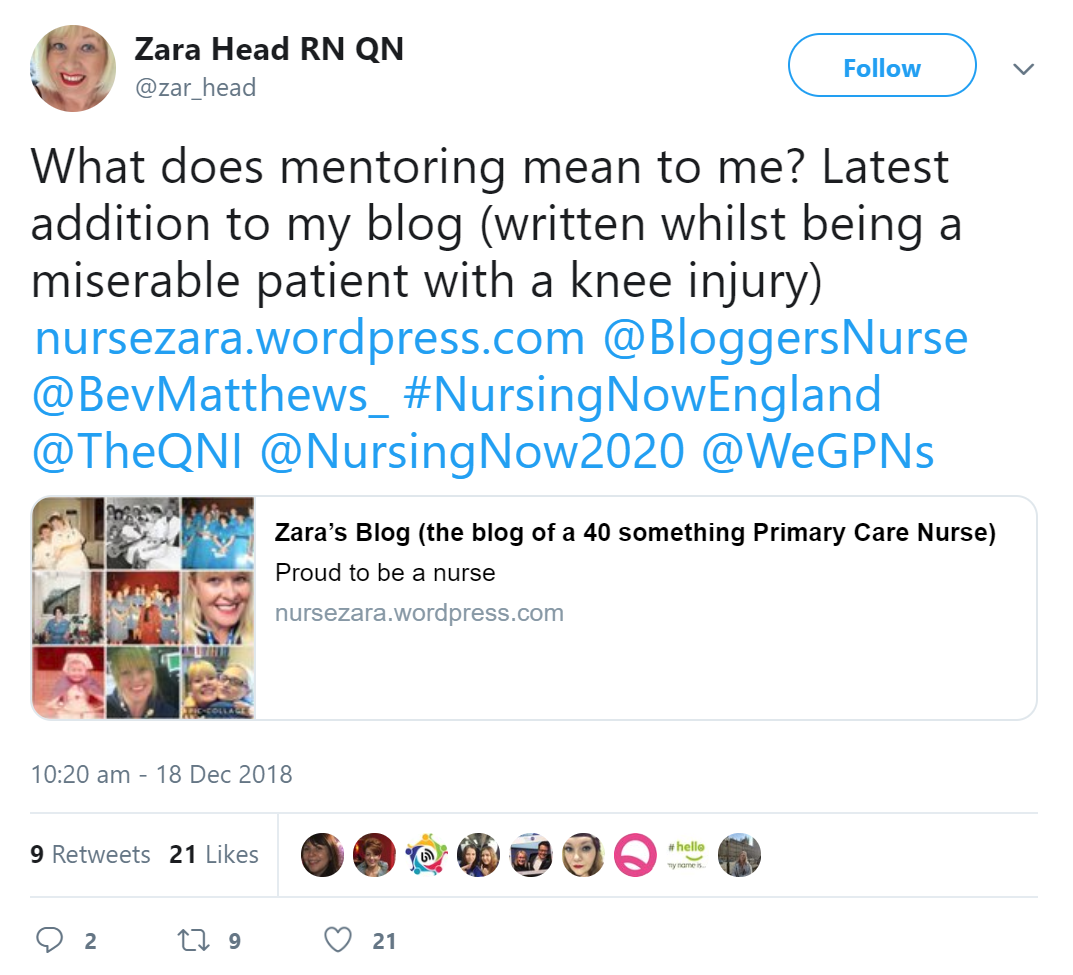
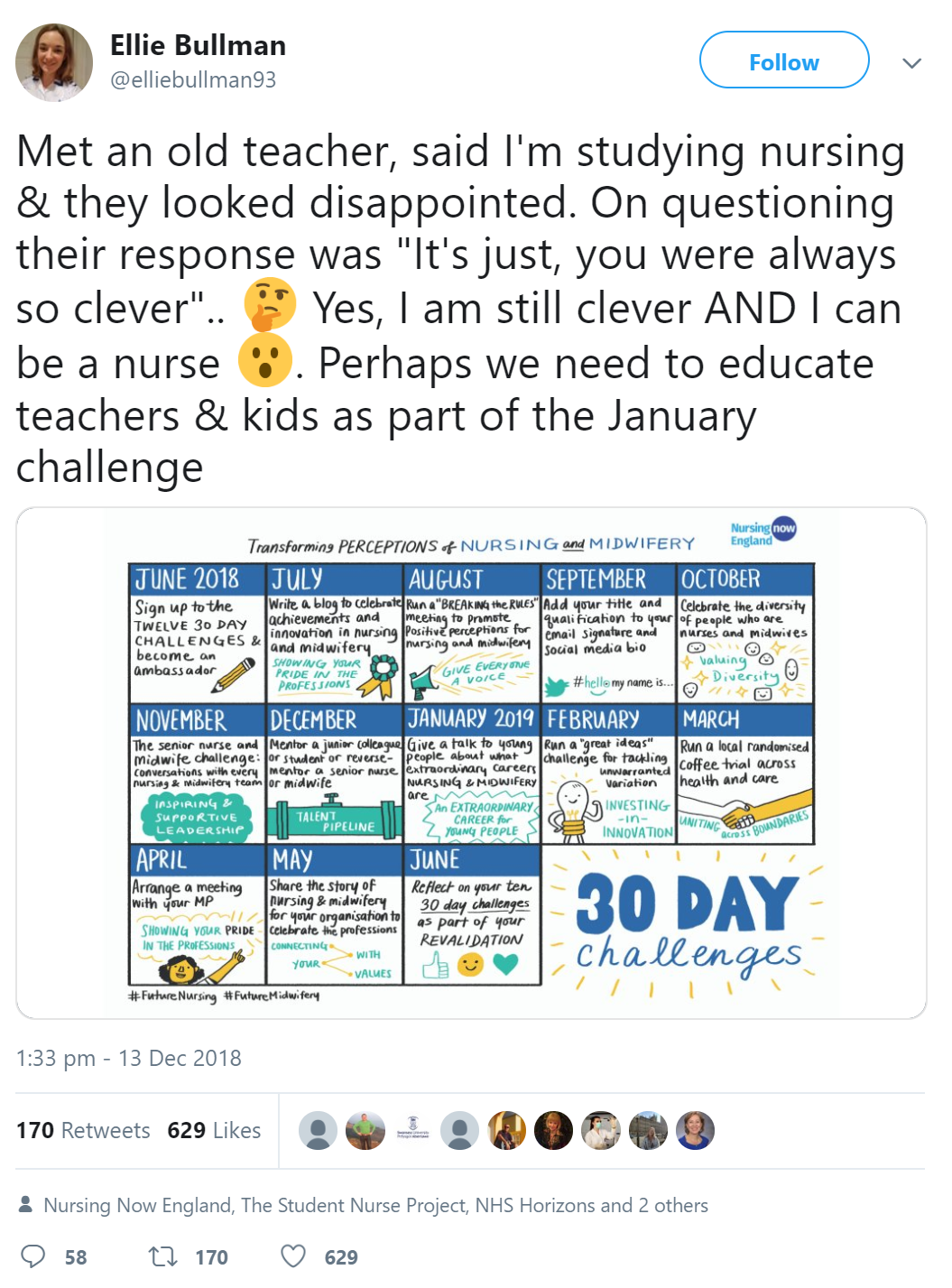
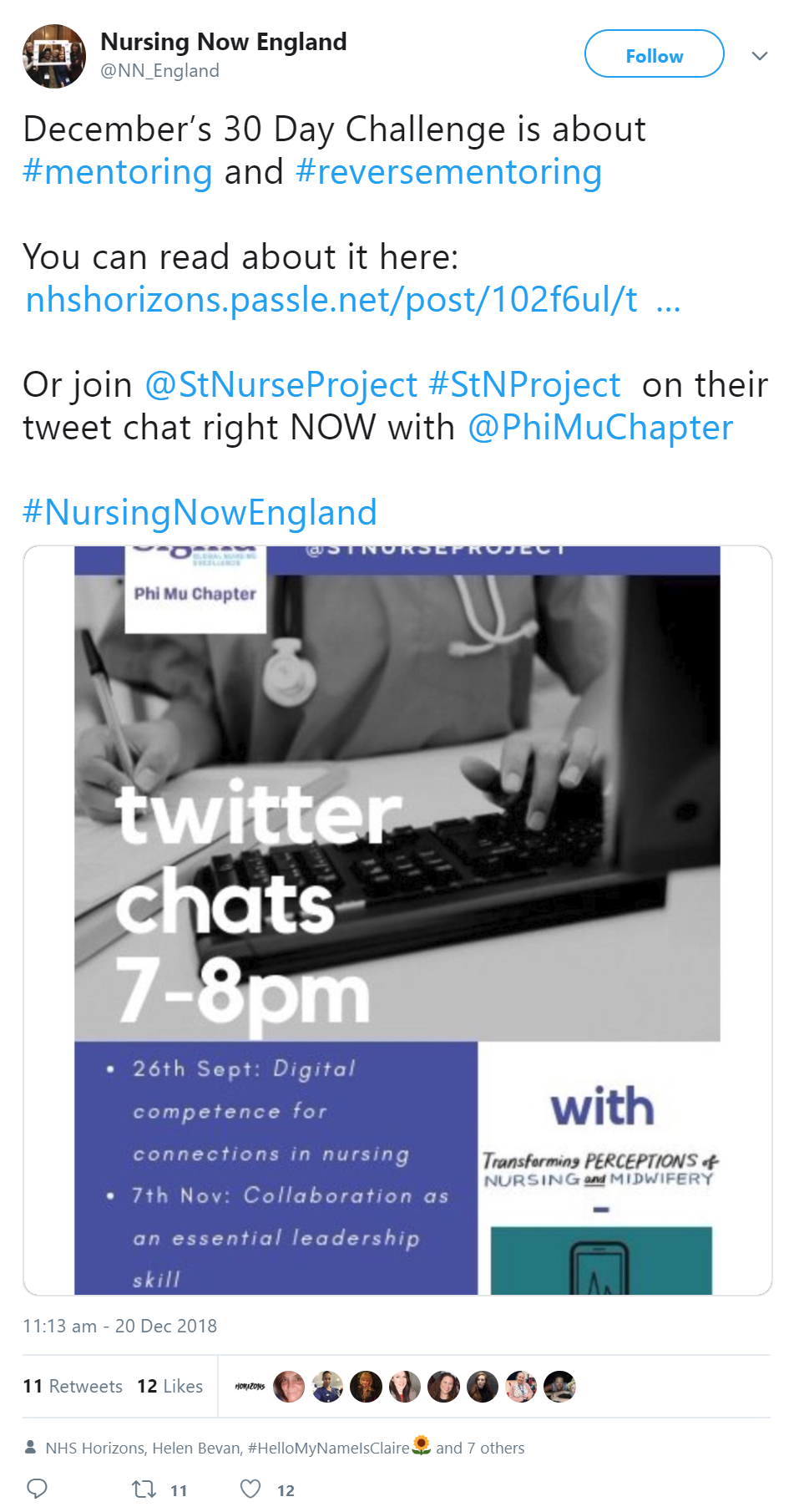
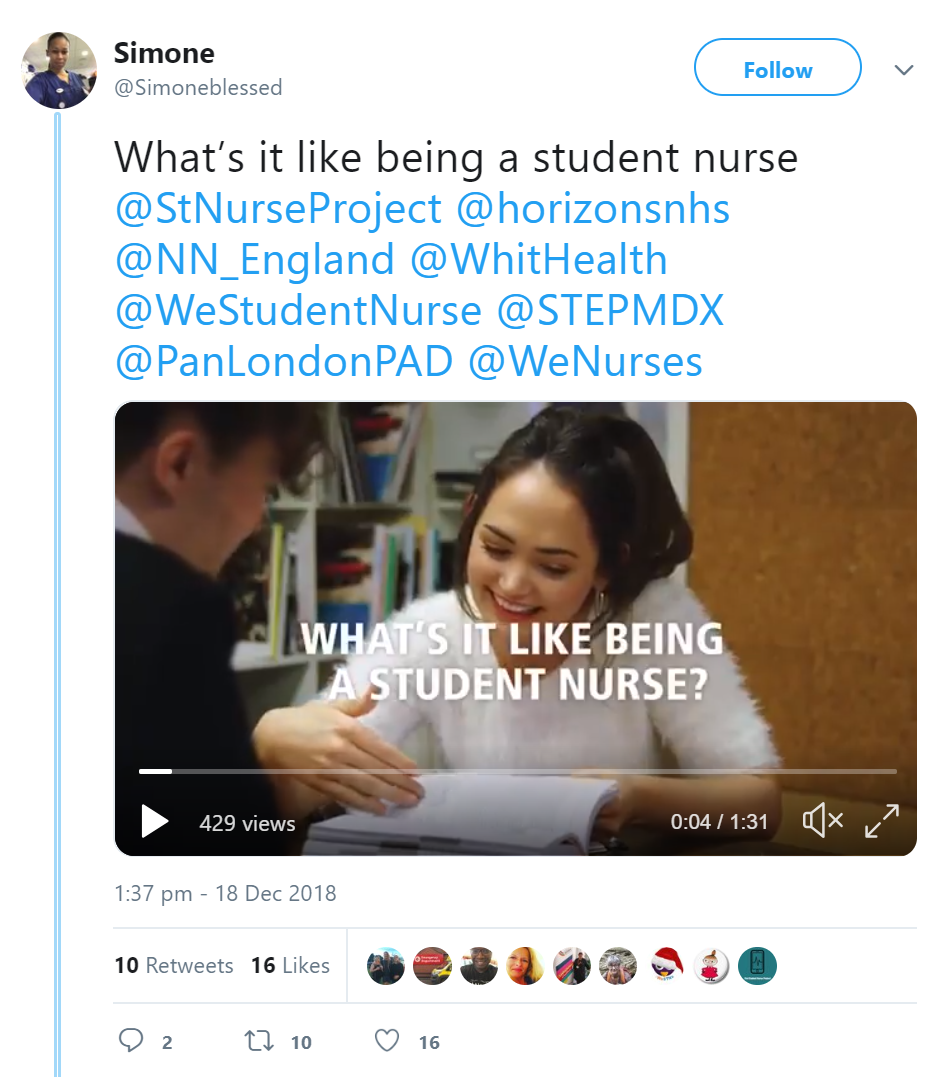





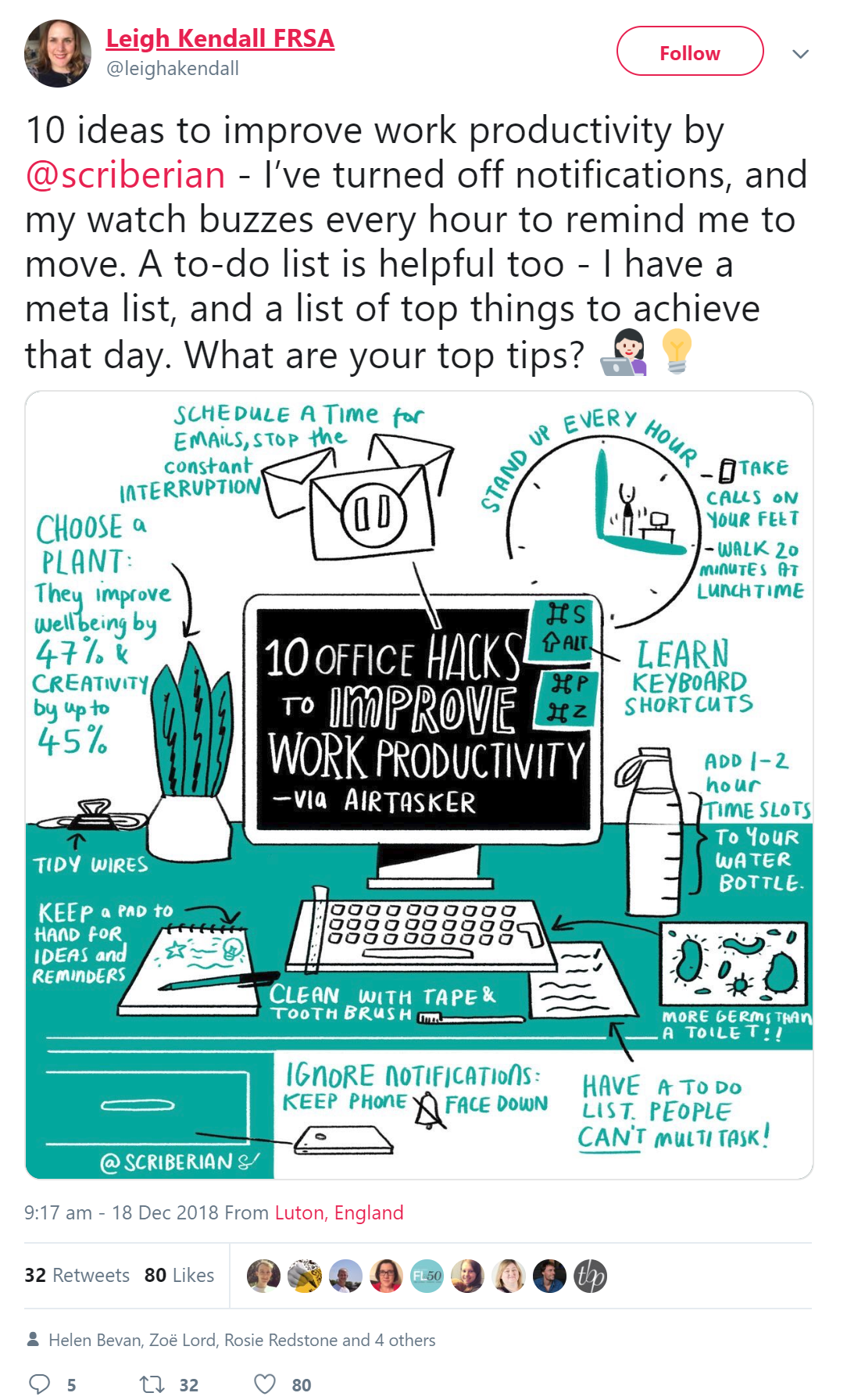


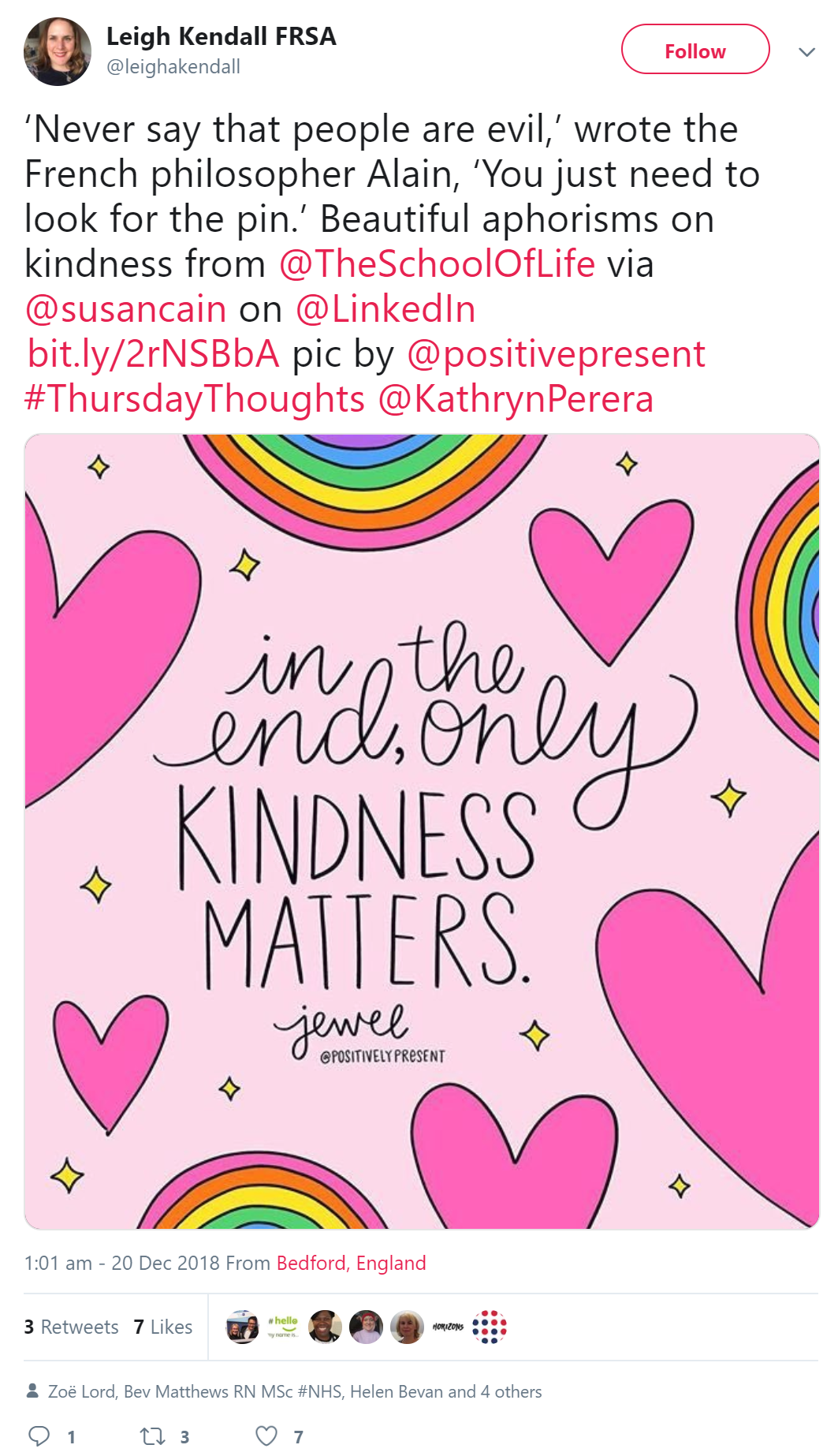
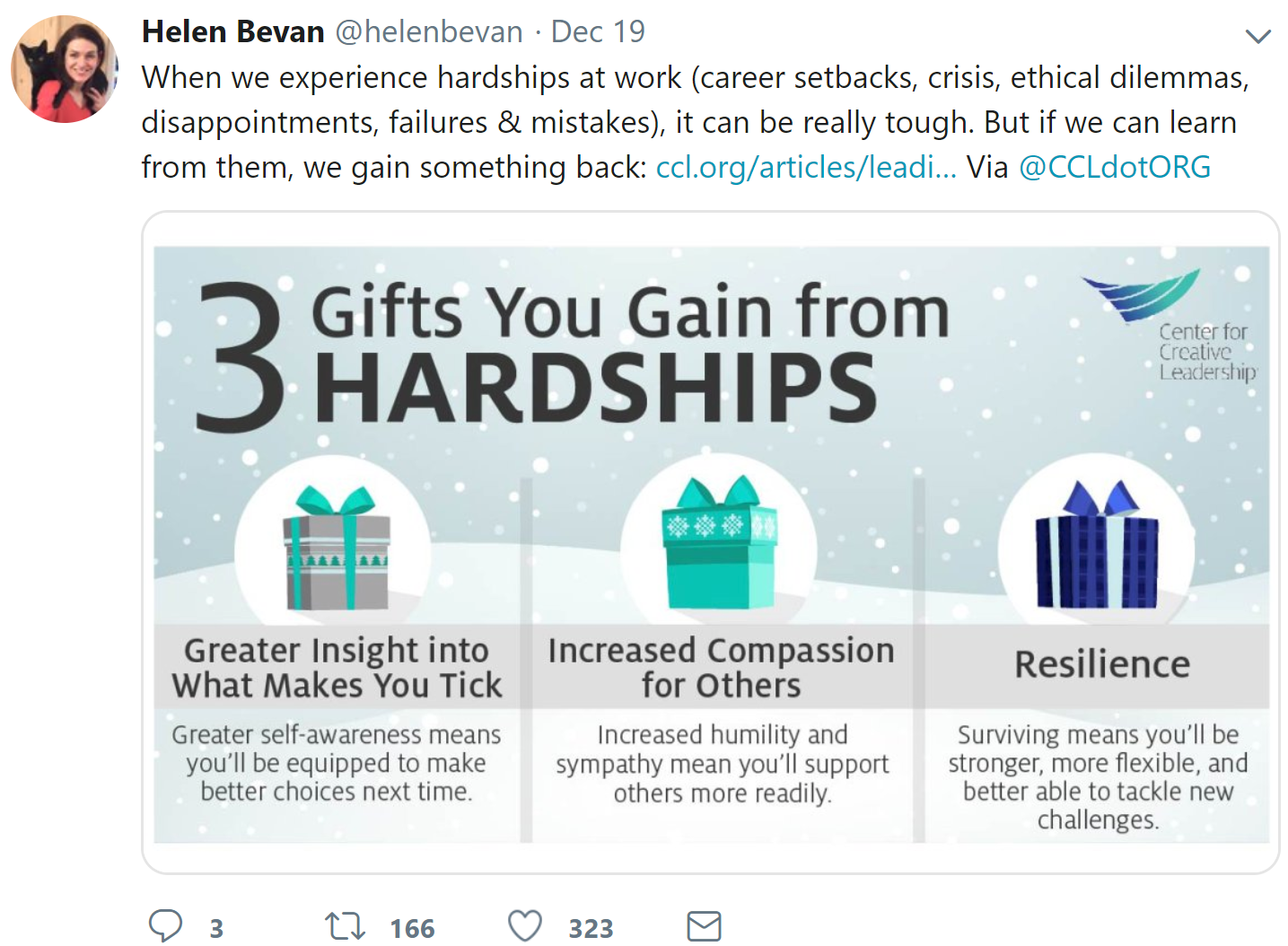



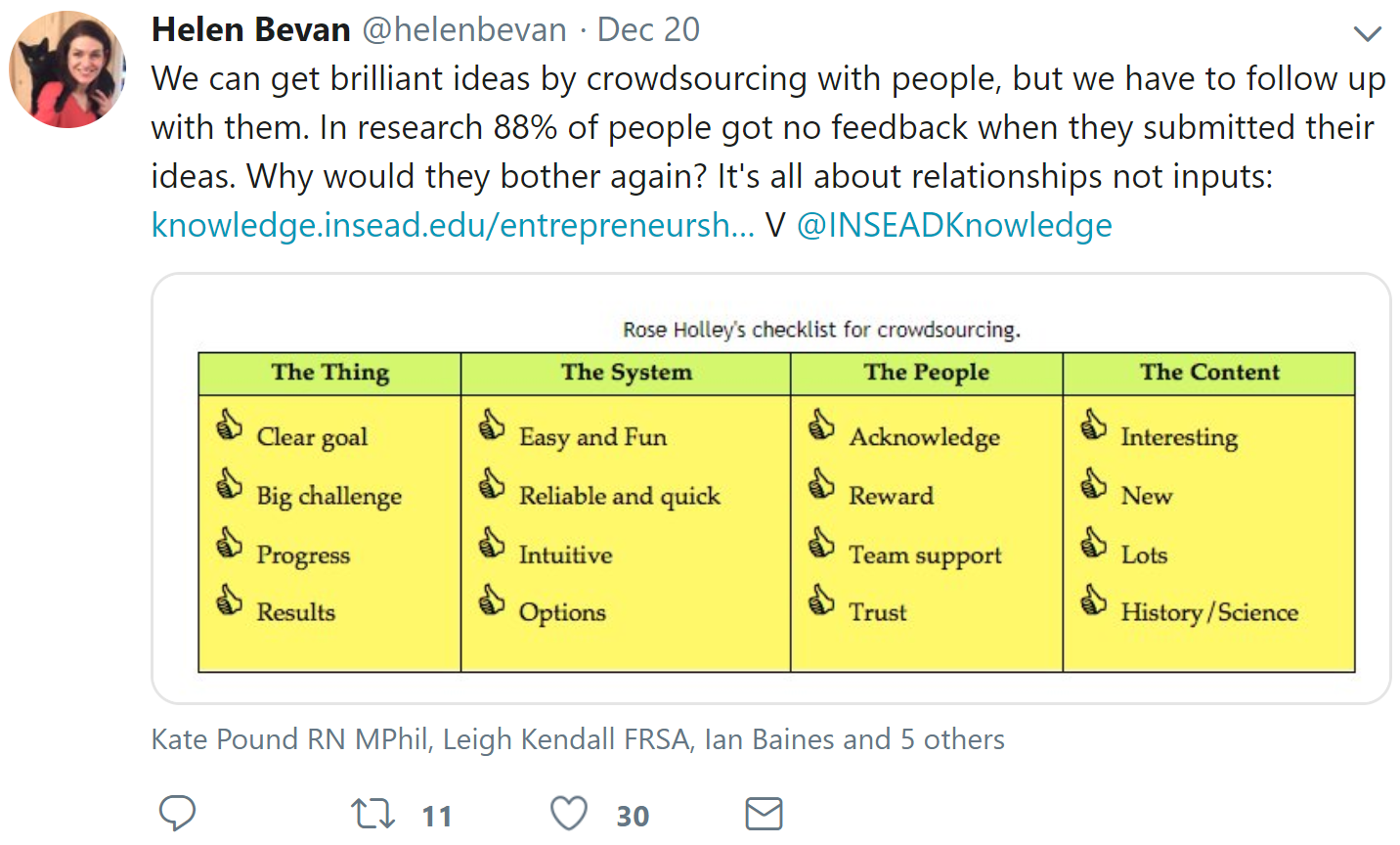








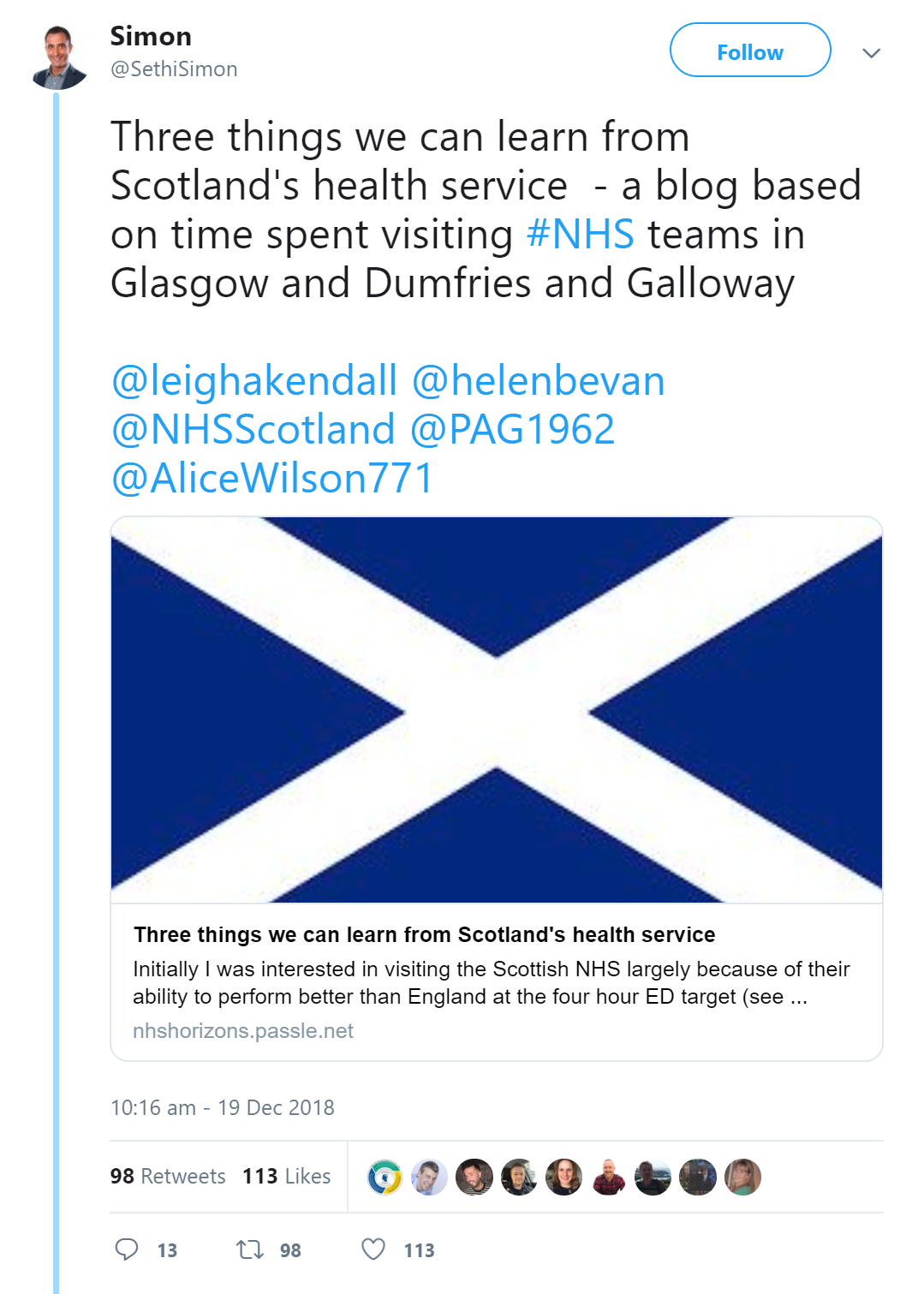


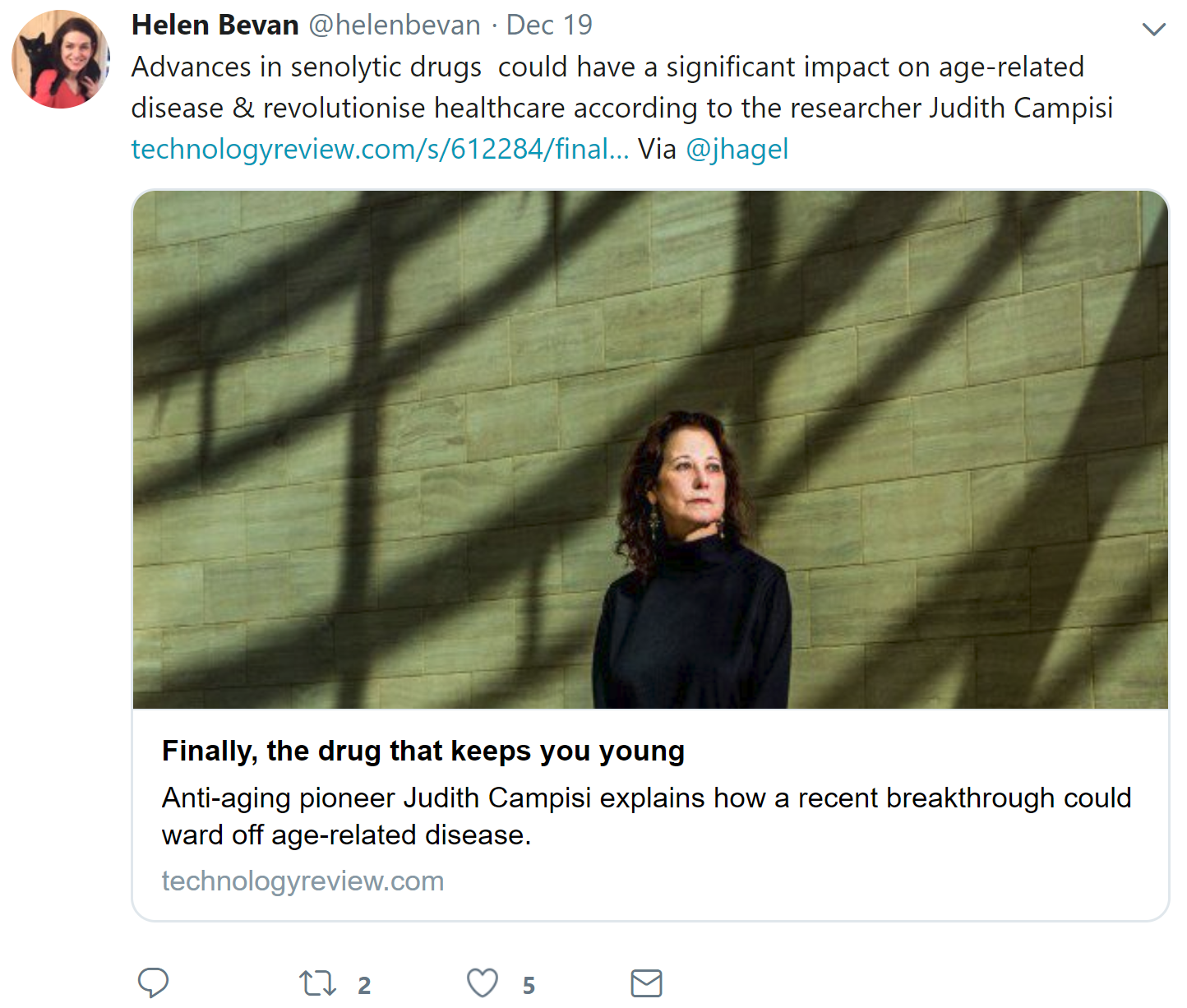



/Passle/5a5c5fb12a1ea2042466f05f/MediaLibrary/Images/6168334917af5b10f4bf1d30/2022-04-14-15-27-52-040-62583d78f636e9115805b2d5.png)
/Passle/5a5c5fb12a1ea2042466f05f/MediaLibrary/Images/6168334917af5b10f4bf1d30/2022-08-05-09-59-36-465-62ecea08f636e906acfed639.jpg)
/Passle/5a5c5fb12a1ea2042466f05f/MediaLibrary/Images/6168334917af5b10f4bf1d30/2022-07-28-14-57-17-405-62e2a3cdf636e9180c9835cb.png)
/Passle/5a5c5fb12a1ea2042466f05f/MediaLibrary/Images/6168334917af5b10f4bf1d30/2022-07-20-10-16-56-533-62d7d618f636ea07987f6668.png)
/Passle/5a5c5fb12a1ea2042466f05f/MediaLibrary/Images/6168334917af5b10f4bf1d30/2022-07-15-09-55-32-858-62d13994f636ea1398e71aa9.jpg)